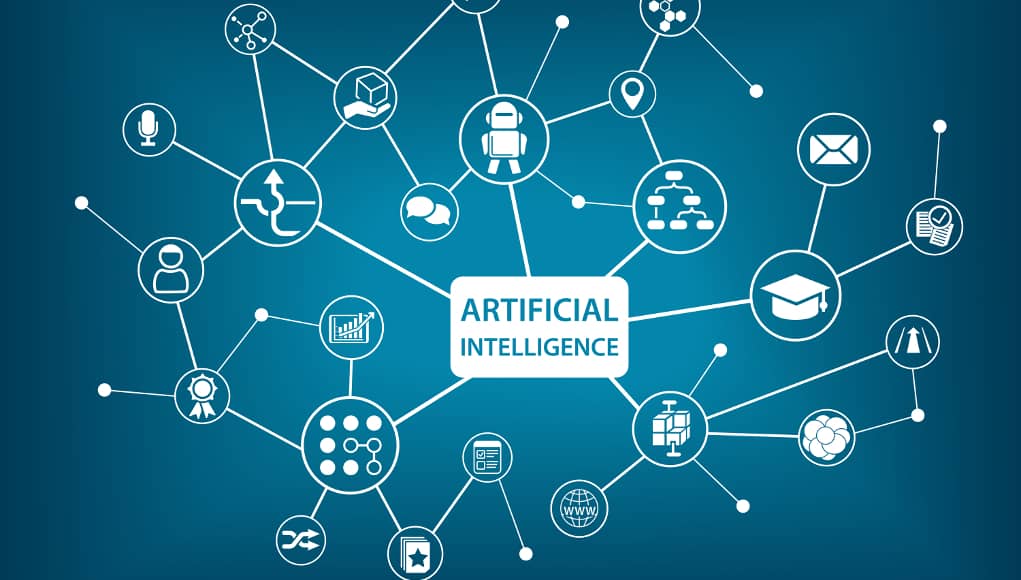AI in Video Games
⚠ Checking your link to protect it from viruses, malware, thief, bots, etc! Please wait!
Artificial intelligence (AI), sometimes called machine intelligence, is intelligence demonstrated by machines, unlike the natural intelligence displayed by humans and animals. Leading AI textbooks define the field as the study of "intelligent agents": any device that perceives its environment and takes actions that maximize its chance of successfully achieving its goals. Colloquially, the term "artificial intelligence" is often used to describe machines (or computers) that mimic "cognitive" functions that humans associate with the human mind, such as "learning" and "problem solving"
In video games, artificial intelligence (AI) is used to generate responsive, adaptive or intelligent behaviors primarily in non-player characters (NPCs) similar to human-like intelligence. Artificial intelligence has been an integral part of video games since their inception in the 1950s. AI in video games is a distinct subfield and differs from academic AI. It serves to improve the game-player experience rather than machine learning or decision making. During the golden age of arcade video games the idea of AI opponents was largely popularized in the form of graduated difficulty levels, distinct movement patterns, and in-game events dependent on the player's input. Modern games often implement existing techniques such as pathfinding and decision trees to guide the actions of NPCs. AI is often used in mechanisms which are not immediately visible to the user, such as data mining and procedural-content generation
Artificial intelligence is big business, in both the video game industry and as a whole. The technology has the potential to revolutionize every area of our life, and the use cases that we’ve seen so far are only the tip of the iceberg.
Even after all of the progress and evolution, we’re still in the early days of artificial intelligence, and there’s a long way for the technology to go before it reaches its true potential. At the moment, we’re starting to see some interesting use cases, but AI is yet to revolutionize gaming as much as it eventually will do.
Still, the early indications are good, and the best news of all is that the gaming marketplace is led by consumers. It’s us, the fans, who ultimately decide what takes off, and we’ll only embrace AI in gaming if it makes the games better – which it will. It’s an exciting time to be alive.

